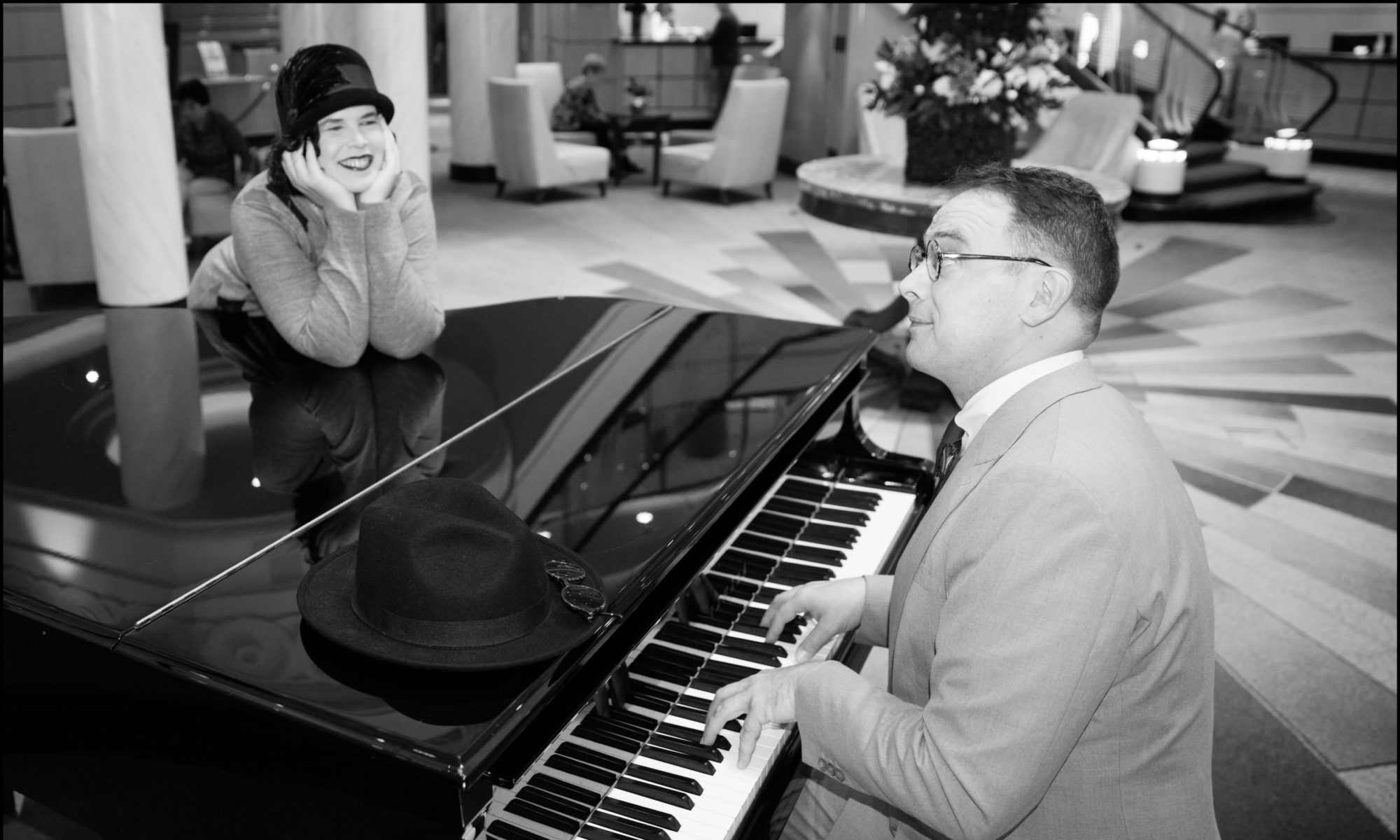“How much?” That’s the first question I’m asked.
The answer is “It depends.” That always irritates prospective clients, but there’s no way around it. In an effort to have a convenient block of text I can copy and paste into the “It depends” email reply, here’s a blog post which tries to explain it.
Licensing, word count, how quickly you need it, how much audio engineering you want/need me to do, it all factors in. I can’t just say, “a hundred bucks.” That might be too much. It might be too little.
Time
Time is the biggest area of confusion, because anyone can look at how much time it takes to read 500 words, cross-reference that with the number I quote them, and work it out to a fairly high dollar-per-hour rate. But that time isn’t all; it’s the other 22 years I’ve spent mastering how to use my voice to make words on a page sound like a conversation between friends, upbeat, like a monster-truck rally announcer, or whatever you specify. To do three or four characters in the space of a half-hour and make them each believable and interesting.
Besides, for every 5 minutes I spend actually in the booth recording, I’m spending the rest of the hour doing behind-the-scenes work supporting that 5 minutes. According to Amazon’s audiobook FAQ:
We have found that it generally takes a total of around 6.2 hours for a Producer to complete one hour of an Audiobook.
That formula holds for a 30-second radio spot, too.
Just like any other professional or craftsman, the minimum charge is for 1 hour.
This is my job
This is what I do. This isn’t a moonlight thing I do in 15 minutes when I get home from my real job. I do it day after day, year in, year out.
Knobs and Software
I have the luxury of being able to do my own audio engineering. I can synchronize my read with your YouTube video. I can split the audio into multiple files. I can submit the audio in multiple formats. I have my own studio, so I can do that.
That means amortizing the costs associated with hardware, such as maintenance, software upgrades, gear acquisition, and putting new carpet in the booth because the old stuff is getting too ratty.
It also means time, and time = money. What many potential clients don’t realize is the significant savings they’re already getting because they don’t have to rent a studio for $200+ per hour (that’s the going rate around here).
I hope this goes at least partway to help you understand exactly what you get when I quote you a price.
